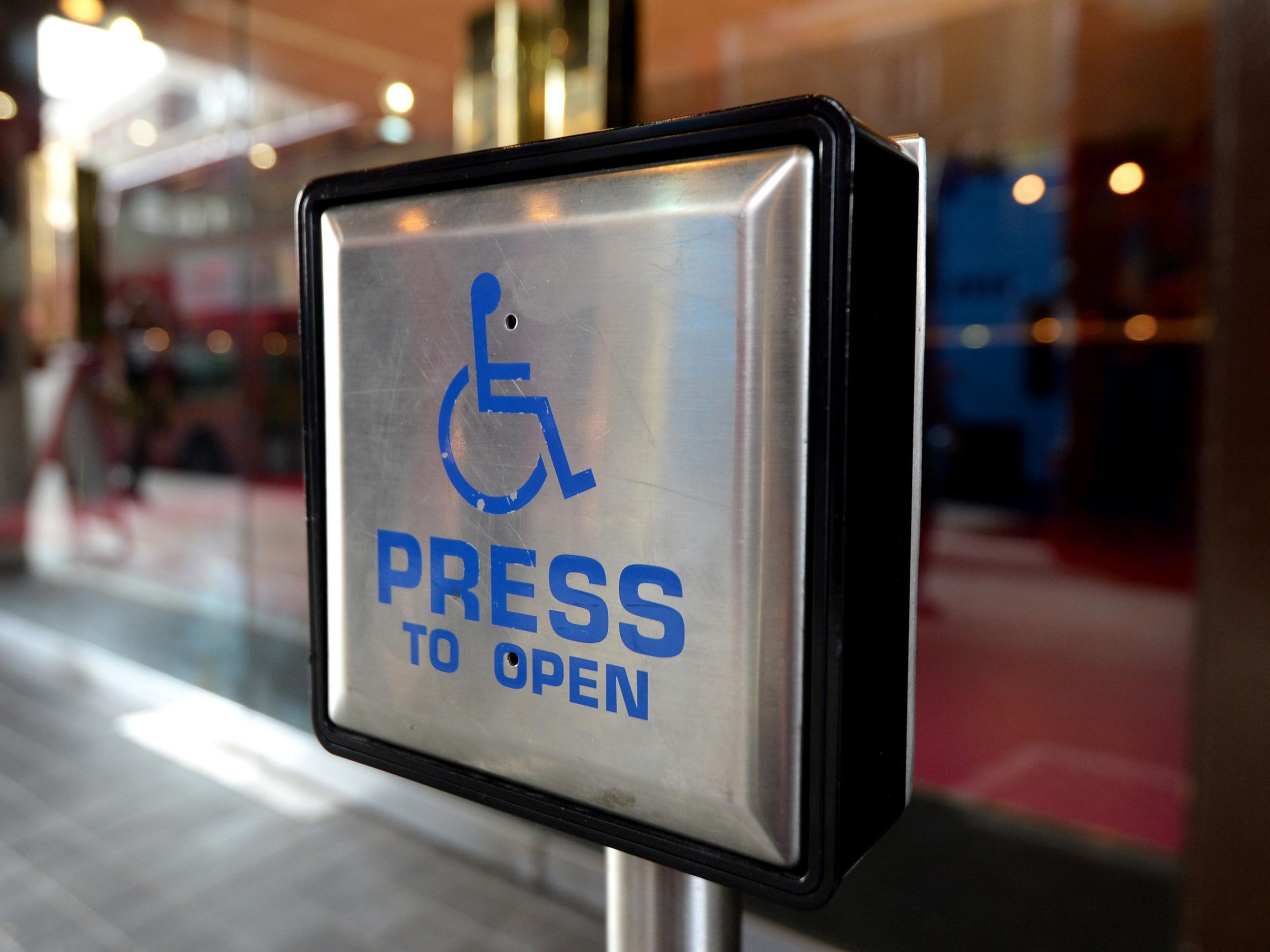Some employers are so prejudiced they won’t even lie to pollsters about not wanting to hire disabled people
The honest respondents are the people who think it is self-evident that you don’t hire ‘cripples’ because they’re crap, and how could anyone see that attitude as problematic?


People lie to pollsters. We know this. It explains why they keep getting election results wrong (with the notable exception of YouGov this year).
So what does it tell us when 22 per cent of employers – more than a fifth – say that they are less likely to hire someone if they declare that they have a disability? Which probably means, in all likelihood, that they simply won’t hire them at all.
The number comes from a ComRes poll for Leonard Cheshire Disability. It makes it clear that there are a huge number of potential employers that disabled people stand about as much chance of securing employment with as they’d stand of winning a grand prix using a mobility scooter.
But it gets worse. While that number is bad enough it probably vastly underestimates the problem.
I actually found it startling that 22 per cent of people with hiring power were actually willing to admit to that because, well, people lie to pollsters.
That’s particularly true when they’re asked to admit to something shameful. Like being prejudiced.
Even when polled online (as with this one) there will be that little voice in their heads saying “my conscience is reading this over my shoulder and it’s going to think I’m a total tool if I admit to how I really feel”.
So they say of course they’ll hire disabled people because that makes them feel better about themselves, so they can look in the mirror in the morning and say “you know what, I’m a great person”.
The fact that 22 per cent of them are willing to admit otherwise just shows you how deeply entrenched their prejudice is. The honest respondents are the people who think it is self-evident that you don’t hire cripples because they’re crap, and how could anyone see that attitude as problematic?
Does my use of language like that make you feel uncomfortable? Perhaps it should. Sometimes the only way to get a point across is to swing a sledgehammer at it. You need a sledgehammer to break through the brick wall that would be disabled workers end up banging their heads against.
The Chancellor of the Exchequer Philip Hammond, an outwardly intelligent man, proved that last week when he sought to blame a rising number of disabled people in the workplace for the dismal productivity of the British worker when compared to their counterparts in places like France, the US, Germany.
As I wrote at the time, he had no evidence to support his assertion, but the real issue is how he felt comfortable with saying it, and in supporting the false narrative that the 22 per cent who admitted their prejudices to ComRes, and the still higher number that lied, buy into.
Meanwhile, disabled people keep Royal Mail shareholders happy by sending letter after letter. If they follow the advice of some charities, and don’t declare their disabilities, they end up attending interview after interview in front of panels made up of prejudiced trolls or prejudiced liars.
How do we change this? How do we get home the message that far from being a burden, disabled workers are an asset. According to the Business Disability Forum, they tend to stick with the same employers for longer than the average worker, reducing staff turnover, and thus cutting businesses’ costs because recruiting, and then getting new employees up to speed, is an expensive exercise.
They work hard because they feel the burden of proving they’re every bit as good as their able-bodied colleagues every day. They don’t take time off sick for the same reasons. They lower rates of absenteeism generally.
The Government says it wants to change things. It has done a bit of tinkering around its “fit note” scheme and said it would be jolly nice if employers would help it cut the disability employment gap. Those measures will do about as much good as trying to clear your drive of snow with the buckets and spades the kids used on last year’s holiday.
What it should do, as I keep repeating, is leave the carrots in the salad drawer and pick up a stick. Demand companies bidding for Government work demonstrate that they are doing their part towards cutting the disability employment gap. Set targets for public sector employers too.
In other words, force them to do what is good for them.
This would make disabled more visible in the workplace, and more accepted as a result. Gradually the prejudice against them would fade away because people who lie to pollsters would be given cause to rethink their attitudes. Even some of the bad apples might be swayed.
Unfortunately it looks like I’ll be needing my sledgehammer to get that message across. And some hard language. No don’t get up. I can swing it well enough from here, and driven by the frustration and fury I feel when I read surveys like Leonard Cheshire’s, the angry words flow freely.
Join our commenting forum
Join thought-provoking conversations, follow other Independent readers and see their replies
Comments
Bookmark popover
Removed from bookmarks